All Stories
-
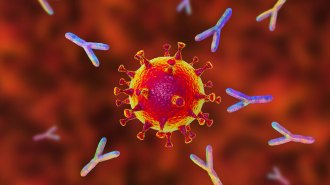 Health & Medicine
Health & MedicineAntibodies made in the lab show some promise for treating COVID-19
Preliminary results from two companies hint that the proteins can help COVID-19 patients from needing hospitalization or ventilation.
-
 Space
SpaceStellar winds hint at how planetary nebulae get their stunning shapes
Observations of red giant stars reveal that planets or even other stars may influence the shape of a nebula’s cloud of dust and gas.
-
 Planetary Science
Planetary ScienceRosetta data reveal an invisible ultraviolet aurora around comet 67P
Solar wind electrons smash water molecules in the comet’s coma to make the 67P/Churyumov-Gerasimenko’s version of the northern lights.
-
 Animals
AnimalsA tiny crustacean fossil contains roughly 100-million-year-old giant sperm
Giant sperm preserved in an ancient ostracod may be the oldest known sperm fossil, showing that giant sperm have existed at least 100 million years.
-

When the human body outwits a deadly virus
Editor in chief Nancy Shute writes about triumphs of the human immune system over HIV.
By Nancy Shute -

-
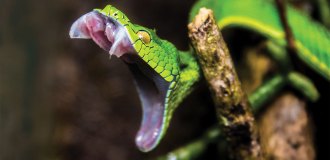 Animals
AnimalsCheap, innovative venom treatments could save tens of thousands of snakebite victims
Momentum is building to finally tackle a neglected health problem that strikes poor, rural communities.
-
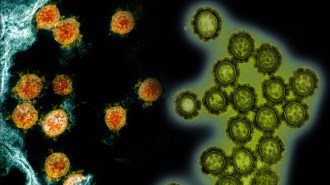 Health & Medicine
Health & MedicineWhat will happen when COVID-19 and the flu collide this fall?
As the Northern Hemisphere braces for a coronavirus-flu double hit, it’s unclear if it’ll be a deadly combo or one virus will squeeze out the other.
-
 Environment
EnvironmentWhat we know and don’t know about wildfire smoke’s health risks
As wildfires become more frequent and severe in California, Oregon and throughout the West Coast, concerns rise about harmful air pollution.
By Aimee Cunningham and Maria Temming -
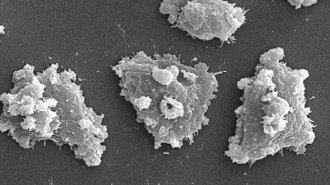 Microbes
Microbes50 years ago, scientists were on the trail of a brain-eating amoeba
In 1970, scientists were studying a brain-eating amoeba that had been implicated in a newfound disease. Today, infections by the parasite are still poorly understood.
-
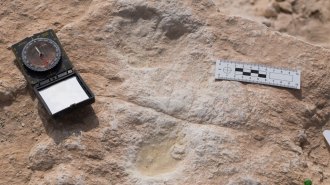 Anthropology
AnthropologySeven footprints may be the oldest evidence of humans on the Arabian Peninsula
In what’s now desert, people and other animals stopped to drink at a lake more than 100,000 years ago, a new study suggests.
By Bruce Bower -
 Oceans
OceansUnderwater earthquakes’ sound waves reveal changes in ocean warming
A new technique uses the echoes of earthquakes in seawater to track the impact of climate change on the oceans.